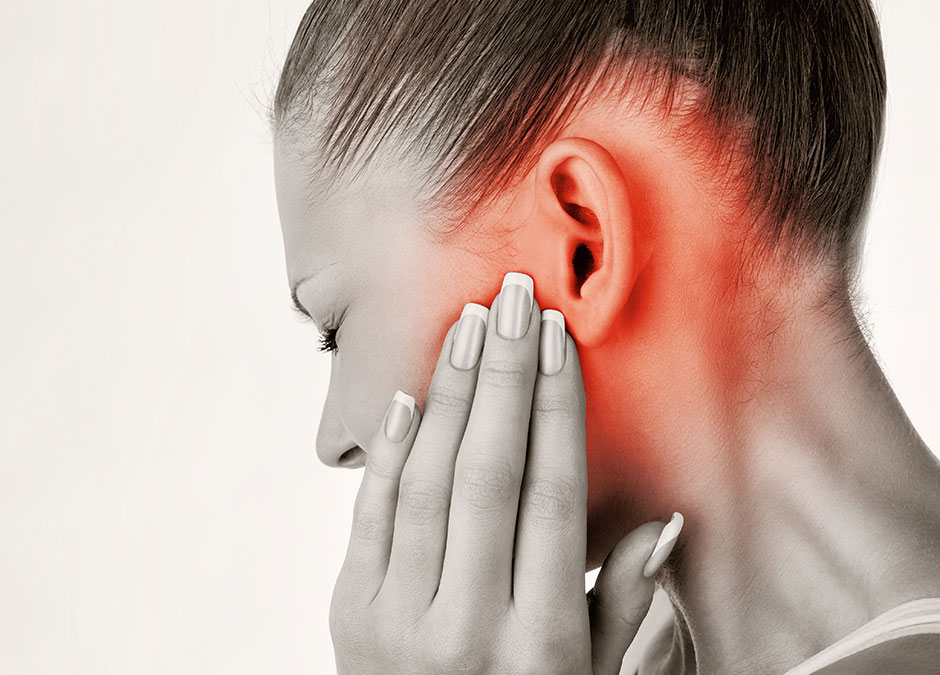Temporomandibular Joint (TMJ)
Living with TMJ pain can be a constant struggle for many individuals. Temporomandibular Disorder (TMD) is a condition that affects the jaw joint (TMJ) and can cause discomfort, stiffness and difficulty with everyday activities such as eating and speaking. Fortunately, physical therapy has been proven to be an effective treatment option for managing TMJ pain.
At Elite Integrated Therapy Centers, we understand the importance of providing comprehensive and effective care for individuals suffering from TMJ disorders in South Carolina.
Our team of skilled physical therapists specializes in TMJ physical therapy, offering personalized treatment plans to address the unique needs of each patient.
What Is Temporomandibular Joint (TMJ)?
The temporomandibular joint (TMJ) is the joint that connects the jawbone to the skull. It plays a crucial role in allowing the jaw to open, close and move from side to side. TMJ disorders refer to a group of conditions that affect the normal functioning of this joint, leading to pain, discomfort and limited jaw movement. Common symptoms of TMJ include:- Jaw pain
- Facial pain
- Muscle spasms
- Difficulty in chewing or speaking
- Clicking or popping sounds in the jaw joint
- Headaches

How Physical Therapy Helps With TMJ Disorders
- Decrease TMJ inflammation
- Decrease muscle imbalances with soft tissue release, stretching exercises and strengthening exercises
- Improve postural alignment
- Teach proper body mechanics
- Restore normal function and mobility of TMJ
- Restore normal tongue resting position, coordination and strength
- Education of positions and foods to avoid
Physical Therapy for TMJ Disorders We Provide in South Carolina
1. Manual Therapy
2. Exercise Program
3. Posture Education
In addition to educating patients about proper posture, our TMJ physical therapists in South Carolina can provide specific exercises and techniques to improve postural alignment and reduce strain on the jaw joint. This may involve exercises to strengthen the core muscles, correct neck and spine alignment and promote proper ergonomics in activities such as sitting and standing.
By addressing postural issues, patients may experience a reduction in TMJ symptoms.
4. Soft Tissue Mobilization
5. Modalities of Care
What Are the Benefits of Our Physical Therapy for TMJ?
Pain
Relief
Physical therapy techniques, such as manual therapy and soft tissue mobilization, help to alleviate pain and reduce muscle tension in the jaw and surrounding areas. In addition to manual therapy and soft tissue mobilization, physical therapy may include therapeutic exercises that help strengthen and stretch the muscles around the jaw, promoting improved mobility and stability.
Improved
Jaw Function
By addressing muscle imbalances, increasing joint mobility and restoring normal jaw movement, physical therapy can significantly improve jaw function and reduce limitations in daily activities like chewing and speaking. Physical therapists can also incorporate modalities such as heat or cold therapy, ultrasound or electrical stimulation to reduce pain and inflammation in the jaw joint.
Personalized
Treatment Plan
Each patient receives a personalized treatment plan tailored to their specific needs and goals. This individualized approach ensures that the physical therapy interventions are targeted and effective. The personalized treatment plan in physical therapy for TMJ may involve a step-by-step progression, gradually increasing the difficulty and intensity of exercises as the patient's condition improves.
Who Needs Temporomandibular Joint Disorder Therapy?
Individuals Experiencing Jaw Pain
Physical therapy can help alleviate jaw pain, a common symptom of TMD. Physical therapy aims to reduce pain and improve overall jaw function through targeted exercises, stretching and manual therapy techniques.Those With Limited Jaw Movement
TMDJ can cause limited jaw mobility, making it difficult to open or close the mouth fully. Physical therapy can include techniques to increase jaw mobility and improve range of motion.Individuals With Difficulty Chewing or Swallowing
TMJ can often lead to difficulty chewing or swallowing due to pain or limited jaw movement. Physical therapy can include exercises to improve muscle strength and coordination, ultimately restoring normal chewing and swallowing function.What to Expect From Our TMJ Assessment?
- Posture analysis
- Assess neck mobility and shoulder blade positioning
- Palpate head, neck and jaw musculature
- Measure jaw range of motion and observe tracking
- Classify whether the joint is involved

